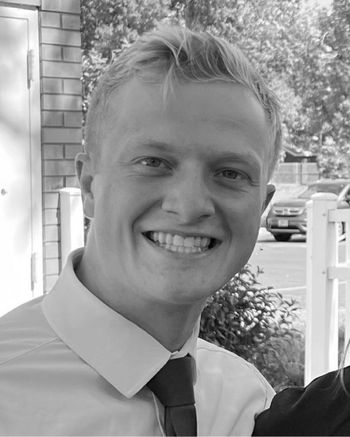Medical DEI officer: Conservative ideas get in the way of 'holy' doctor-patient relationship
David Acosta charged that we are going 'back to the late 50's' with 'anti-abortion' and 'anti-gender affirming care' movements.
He went on to refer to the concept of meritocracy as 'archaic.'
Last month, the head DEI officer of the Association of American Medical Colleges (AAMC), David Acosta, argued in a panel discussion that conservative views are “getting in the way” of the “holy” doctor-patient relationship.
The panel discussion, titled “Making the Connection: Leading with Diversity, Equity, Inclusion & Justice,” was organized by the American Association of Colleges of Osteopathic Medicine’s Council on Diversity and Equity along with AAMC.
Acosta charged that we are going “back to the late 50’s” with “anti-CRT movements,” and that the “anti-abortion” and “anti-gender affirming care” movements are interfering with the proper relationship between patients and their physicians.
The panel, called “Making the Connection: Leading with Diversity, Equity, Inclusion & Justice,” included other professors and administrators at colleges and medical associations around the country.
[RELATED: Harvard Medical School’s gender curriculum part of DEI initiative: report]
During the segment, Acosta also expressed concern over “anti-DEI initiatives” that are “happening in the health professions and higher education… down through K-12.”
Additionally, Acosta registered his desire to “redefin[e] meritocracy” in how tenure is obtained by professors in order to increase representation. He referred to the concept of meritocracy as “archaic.”
After the conclusion of the presentation, the panel was asked a series of questions. One audience member asked, “How do you foster the need for change when there is known institutional racism?”
Acosta responded that we need to provide younger students “the skills that they need of how to deal with institutional racism,” adding that “we can’t assume that people know how to do that. Even how to dialogue about racism.”
[RELATED: Doctors now cannot say ‘morbidly obese’]
”This is the first time that I can remember we’re actually openly talking about how structural racism has been embedded in our infrastructure and our governance,” he mused.
Veronica Scott, Director of Diversity and Assistant Professor of Preclinical Sciences at William Carey university in Mississippi, spoke about the increasing number of students who use DEI measures as a “major deciding factor” for college admissions as well as how “communities of color are more likely to trust people who look like them.”
Linda Solis, Assistant Professor of Applied Humanities at the University of the Incarnate Word in Texas, said that White people not critically thinking about institutional racism creates the “harm” of “just being accepting of the status quo.”
All parties in the article were contacted for comments and the report will be updated as needed.

